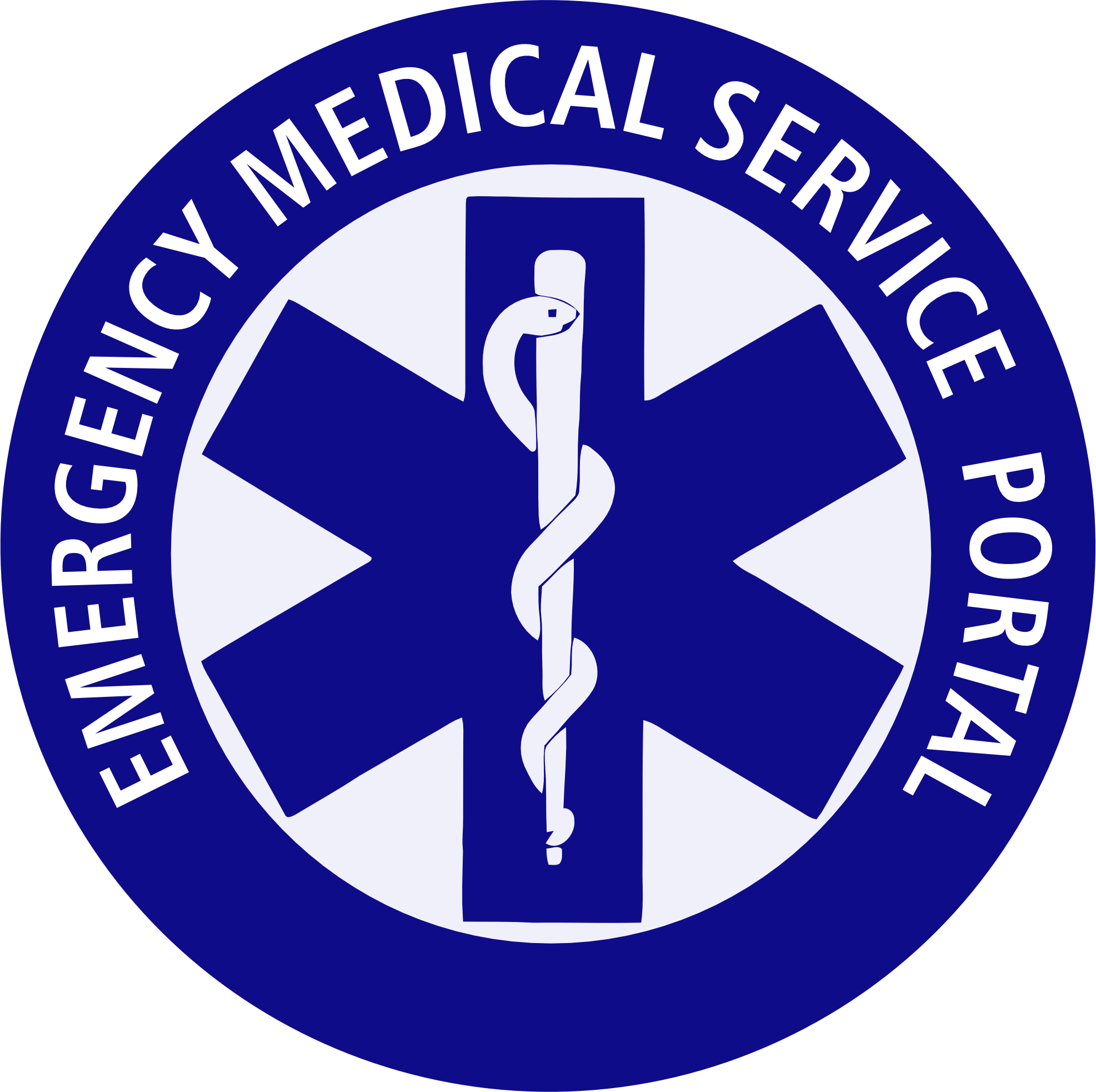Influenza is not an ordinary cold, but a serious illness with main symptoms – high fever, fever, headache, myalgia… which prevail over respiratory symptoms. The respiratory system is affected by this extremely contagious virus whose incubation period sometimes lasts less than 24 hours, later affecting the whole body, and one infected person can even infect up to twelve people. It is especially dangerous for the elderly and children, since some foreign studies confirm an increase in the number of complications and up to five times the number of hospitalizations for such patients. It can cause otitis media in children, and even three types of pneumonia in adults – viral with an extremely high mortality rate, then viral-bacterial with a mortality rate of up to 15%, and the mildest form of pneumonia caused by bacteria has a mortality rate of 7%. According to a study by the German Faculty of Kinesiology, one month after recovering from the flu, lung capacity decreases by 10%, and muscle tone by as much as 20% two months after the illness, including many heart transplant patients, among other consequences (not) of the flu and its complication.
SYMPTOMS OF THE FLU – high temperature – chills – the main symptom of the flu is a feeling of exhaustion; loss of appetite – muscle and joint pain – runny and stuffy nose – sore throat – cough You need to recover from the flu. It is more important to drink enough fluids and rest than to take high doses of vitamin C or garlic. The flu does not require a visit to the doctor, but you should stay at home and avoid spreading the infection. The flu usually goes away without intervention, and you should see a doctor only if the fever lasts more than four or five days, if you have trouble breathing (difficulty breathing, rapid breathing, severe cough, chest pain), or a disturbance in consciousness. For example, if a child has seizures or cannot wake up, and an adult feels confused and groggy. The flu is always accompanied by a body temperature higher than 38°C, which dehydrates the body. Warm drinks are best (because too hot ones damage the throat just as much as cold ones), they are not too sweet and do not contain alcohol. They should be consumed in sufficient quantities to replace fluids lost through sweating and high temperatures. To lower the temperature, you can use antipyretic drugs, showering with lukewarm water, but not alcohol compresses. If your nose is blocked, you should use nasal drops to keep it open as otherwise it can lead to otitis media. Throat lozenges are useful to keep the throat lining moist. All kinds of sweets are good for use because they moisten the throat and reduce the irritation of coughing. In case of severe cough, cough syrup is recommended.
WHEN TO SEEK MEDICAL HELP
- if you have a fever that lasts longer than four or five days
- if you have difficulty breathing, shortness of breath and a strong cough
- if you feel chest pain or pressure if you have sudden dizziness or lightheadedness
- if you are vomiting and have diarrhea if the fever returns after the symptoms subside
10 IMPORTANT PATTERNS OF BEHAVIOR DURING A FLU EPIDEMIC
The World Health Organization, and in accordance with it, our country, does not recommend any restrictions on international travel of people and goods due to the situation with the new flu. Only those planning to travel abroad are advised to postpone it if they have a fever until they recover. People who are planning to return to our country from abroad are also advised to postpone that trip if they are sick, until they recover. Dear passenger, if you have arrived from an area where transmission of the new influenza virus has been confirmed, and you have a high body temperature or feel unwell, please contact the airport medical service immediately.
Stay at least 1 meter away from people who are coughing or raining and avoid shaking hands and kissing Avoid catching a cold and wear appropriate clothing and shoes during sudden temperature changes Cover your face when you cough or rain, preferably with a disposable tissue, then be sure to wash your hands Wash your hands often with soap and water in accordance with hygiene recommendations; and do not touch your face with your hands. If you feel symptoms of the disease, stay at home and contact your doctor by phone. Because of the high temperature, the body dries out significantly, so drink enough fluids, and reduce the temperature with medicines or showering in lukewarm water, and alleviate some symptoms with appropriate measures (sore throat – lozenges; runny nose – nasal drops; dry cough – antitussives) For the sick person, provide a separate room in the house, at a distance of at least one meter from other family members, and to regularly ventilate the room According to the doctor’s recommendation, in the first 48 hours of the illness, it is possible to use antiviral drugs (oseltamivir, zanamivir, amantadine), but you must consult a doctor. Wash your hands thoroughly with soap and water and do not touch your face with your hands. In case of severe cough, expectorants are recommended, and it is necessary to consult a doctor about the use of antibiotics against bacterial complications.
Please note that the information provided here is based on guidance and knowledge available as of September 2021. The COVID-19 pandemic may have affected some recommendations and practices, so it is important to keep up to date with the latest information and guidance from health authorities for the most up-to-date advice on dealing with infectious diseases such as influenza.



0 Comments